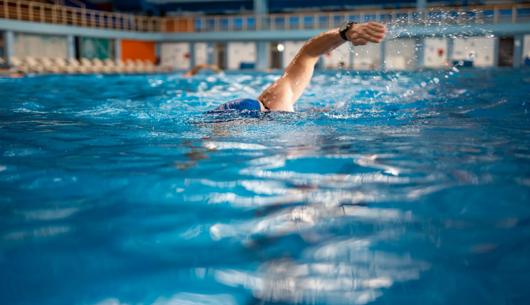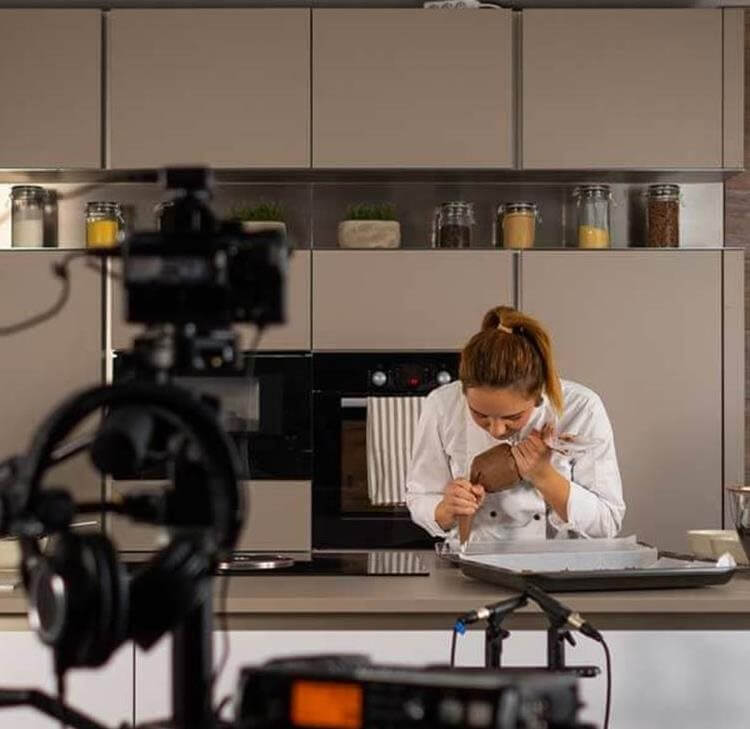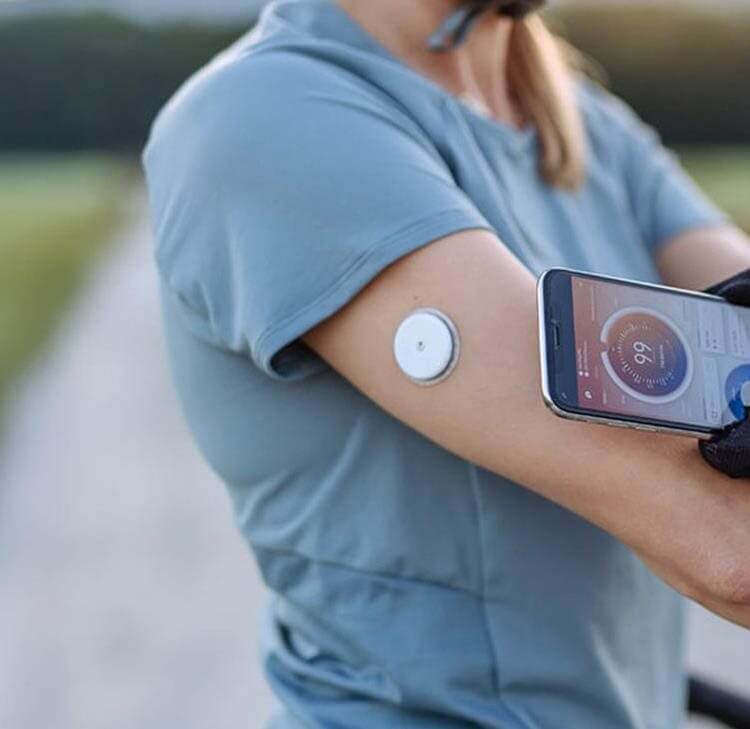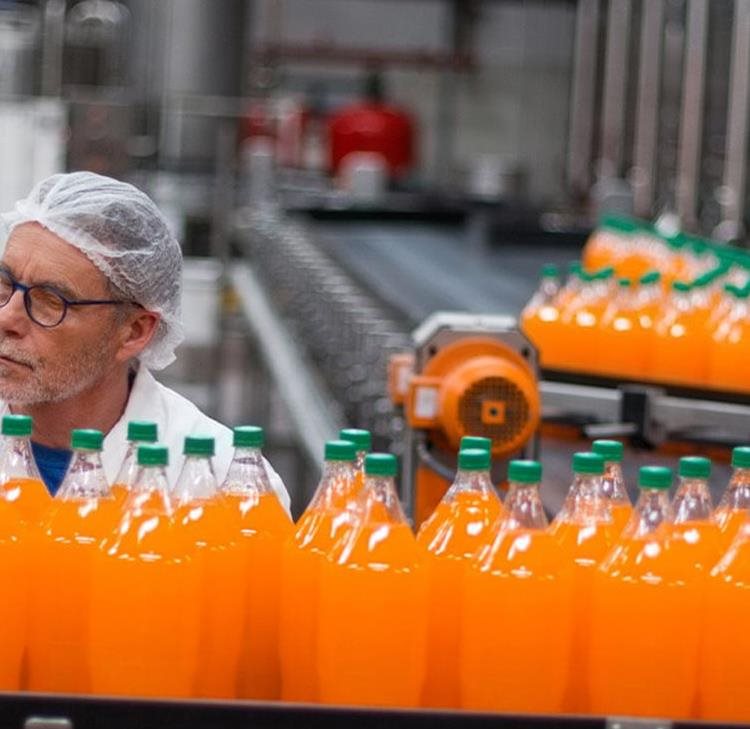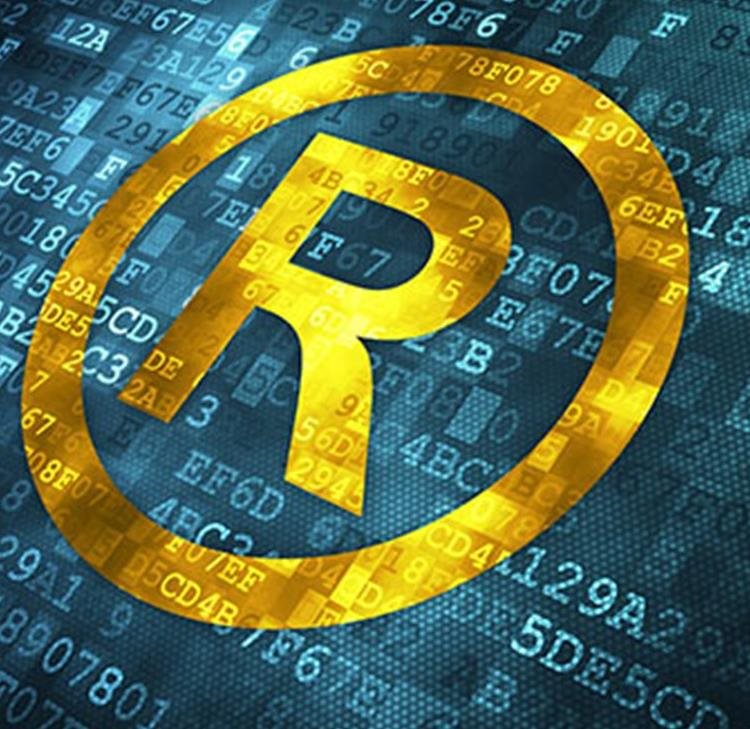If you live in South London, you will have almost certainly heard of Morley’s.
The iconic fast food chain’s latest dispute with Metro, now in the Court of Appeal, provides guidance on how courts should assess trade mark confusion. It also confirms that any sub-licensing rights should be set out explicitly in licences.
Case reference: Morley's (Fast Foods) Ltd v Nanthakumar & Ors [2025] EWCA Civ 186
This fried chicken franchise brought a claim against the owner of ‘Metro’s’ fast-food restaurant (the other defendants in the case were all franchisees). The defendant originally operated under the name 'Mowleys' but consented to a rebranding in 2018. The parties had agreed that Metro's would adopt a new logo featuring a blue outline and other differentiating factors (the Metro Sign). However, the defendant deviated from the agreed logo when granting franchises to other defendants. This led Morley's to file a claim for trade mark infringement. The initial claim was heard in IPEC last year – you can read our team’s analysis for Lexis+ (with a similarly punny title) here.
There are two key 'takeaways' from the judgment on appeal.
Who is the average consumer?
The concept of the 'average consumer' plays a crucial role in the assessment of confusion under section 10(2) Trade Marks Act. It is well established that the average consumer is “reasonably well-informed, observant, and circumspect”, but may not “scrutinise every detail”.
The judge at first instance identified two categories of average consumer: one consisting of children, young people, students, and families with limited disposable income, and another comprising late-night or early-morning patrons, often tired or possibly intoxicated. The appellants argued that these classifications inappropriately narrowed the consumer profile and lowered their level of attentiveness. They also argued that being drunk does not align with being "reasonably well informed, observant and circumspect."
LJ Arnold agreed with the appellants. The likelihood of confusion should not be evaluated based on potentially intoxicated consumers. He also agreed that there was no need for a separate class of late-night consumers. He emphasised that a consumer's attentiveness does not necessarily wane later in the day, citing varying shift hours and the possibility of the same consumer visiting at different times.
Despite agreeing with these points, Arnold found that these misclassifications by the lower court did not materially affect the overall likelihood of confusion assessment. Even if the test were applied to a single group of sober consumers, the outcome would still be that Metro infringed.
Sub-licensing of rights
A pivotal issue here was whether the 2018 settlement agreement between the two companies granted Metro the right to sub-licence the rights granted to it in settlement to its franchisees.
The court held that it didn’t. LJ Arnold emphasized that trade mark law does not inherently provide for sub-licensing, unless a) it is explicitly agreed upon by the parties or b) it is “so obvious that it goes without saying”. One can think of very limited circumstances where b) would apply.
This is a strict but sensible application of the principles of contractual interpretation by LJ Arnold, especially given the wording of section 28(4) of the Trade Marks Act: “Where the licence so provides, a sub-licence may be granted by the licensee; and references in this Act to a licence or licensee include a sub-licence or sub-licensee.” Although LJ Arnold’s rationale for the decision was not by reference to the TMA, instead he stated the need to safeguard trade marks (especially marks with established distinctiveness such as Morley’s) against being compromised and/or diluted by later, unauthorised modifications.
So put simply, express is best and if you want a right to sub-licence, agree it.
Contact
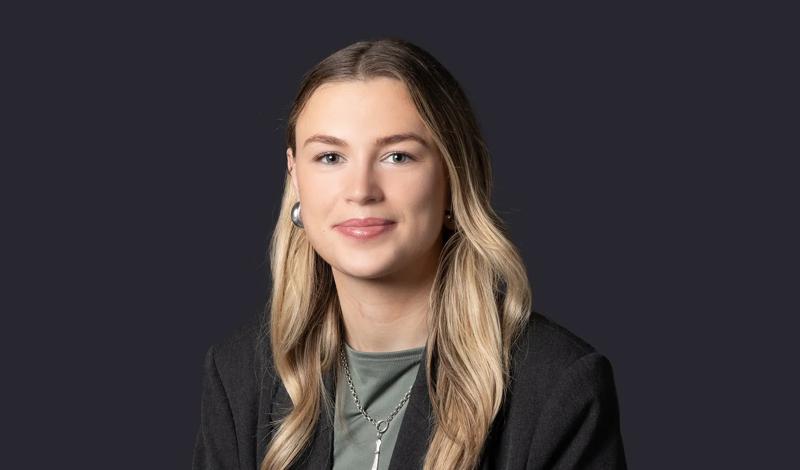
Alice Elliott-Foster
Associate
alice.elliottfoster@brownejacobson.com
+44 (0)330 045 2211
Discover more
Related expertise
You may be interested in
Press Release
Supreme Court decision on Oatly using 'milk': Legal comment
Legal Update - IP insights
IP insights: January 2026
Legal Update
Kohler Mira v Norcros: Key lessons in purposive construction for patent drafters
Legal Update
Protecting your brand from 'genericide': Lessons from Dryrobe v D-Robe
Legal Update
Court of Appeal says ‘no’ to co-branding but dismisses copyright claim in AGA conversion case
Legal Update
Rise and shine: The European breakfast directive’s new year transformation
Legal Update - IP insights
IP insights: November 2025
Legal Update
Getty Images’ copyright not infringed by Stability AI making its Stable Diffusion model available to users in the UK
Legal Update - IP insights
IP insights: September 2025
Legal Update - IP insights
IP insights: July 2025
Legal Update
Trade mark dispute risks: AI in legal document drafting
Press Release
Browne Jacobson a ‘discerning choice’ for clients with ‘IP-rich deals and complex litigation’ - as team ranks for both IAM Patent 1000 and IP Stars 2025
Legal Update - IP insights
IP insights: May 2025
Legal Update
Trade mark strategy in a global market
Legal Update
Advertising trends: Influencers, intellectual property and image rights
Legal Update
Metro’s Runs Afowl of Morley’s Marks in the Court of Appeal
Legal Update - IP insights
IP insights: April 2025
Opinion
What’s in a shape? The impact of 3D registered trade marks on glucose monitoring kits
Legal Update
One to watch: Oatly appeals to the UK Supreme Court in continued fight for its trade mark
Press Release
Intellectual property (IP) predictions for 2025
Legal Update
Alcohol charity on the “Naughty List” for attempts to trade mark “DRY JANUARY”
Legal Update
EasyGroup proceedings defeated by jurisdictional challenge
Legal Update
Veganism and manufacturing: IP protection
Press Release
Browne Jacobson’s intellectual property lawyers ranked experts in World Trademark Review guide 2023
Press Release
Court of Appeal makes plea for legally enforceable arbitration for FRAND disputes
In the ongoing complex litigation between Optis Cellular Technology LLC and Apple Inc., the Court of Appeal ([2022] EWCA Civ 1411) has upheld the High Court’s findings that implementers of standard-essential patents (SEPs) cannot refuse to accept a FRAND license and continue activities in the meantime which constitute infringement: that party must commit to accept a court-determined license if it wishes to avoid an injunction.
Published Article
AI generated designs on retail products
Every AI will have its own terms of use. DALL·E 2’s Terms of Use dated 3 November 2022 specify that as between a user and Open AI, a user owns their prompts and uploads. Open AI also assigns to the user all rights in any images generated by DALL·E 2 for that user (subject to the user complying with those Terms of Use, and to a licence to use inputs and output to develop and improve the services).
Press Release
Browne Jacobson’s IP experts shine silver in world’s leading trade mark lawyer rankings
Opinion
Sky’s overly broad trade marks narrowed as found partially invalid for bad faith
Lord Justice Arnold has applied the guidance of the Court of Justice of the European Union (CJEU) to the evidence before him, in the long standing trade mark dispute between Sky and Skykick.
Legal Update
Amazon not liable for merely storing third party’s infringing goods
At a time when Amazon is fielding large spikes in demand amidst the coronavirus pandemic, the online retail platform will welcome the ruling of the Court of Justice of the European Union (CJEU) received on 2 April 2020.
Legal Update
Domain names as IP rights
On-Demand
How to commercialise your IP: licensing, spin outs and JVs
Our expert panel, comprised of IP and corporate law specialists, will be discussing IP commercialisation strategies, their benefits and pitfalls, drawing on experience across the private, public and higher education sectors.
Published Article
O/281/19 Revocation (Device Marks) – 23 May 2019
This decision is a good example of how the IPO approaches non-use challenges, and an insight into the economics of gift shops at public parks.
On-Demand
Parallel Imports - what brand and IP owners need to know
Parallel importers seek to exploit price differentials for goods sold in different countries. The EU principle of exhaustion of rights prevents businesses from enforcing their IP rights to restrict this secondary trade within the EU if the goods were first marketed in the EU with their consent, other than in limited circumstances.
Legal Update
“Utterly horrified” masters and “blatantly inadmissible” evidence
The sole result for a search on Westlaw for the phrase “utterly horrified” is an interesting decision from Mr Justice Arnold on June 12 2019 about evidence in passing off proceedings.
Press Release
Browne Jacobson scores victory for Wolverhampton Wanderers over badge copyright claim
Browne Jacobson is delighted to have assisted Wolverhampton Wanders Football Club to successfully defend a copyright infringement claim made against it which relates to the club’s iconic wolf head design. The club has used this design as an element of its badge since 1979.





